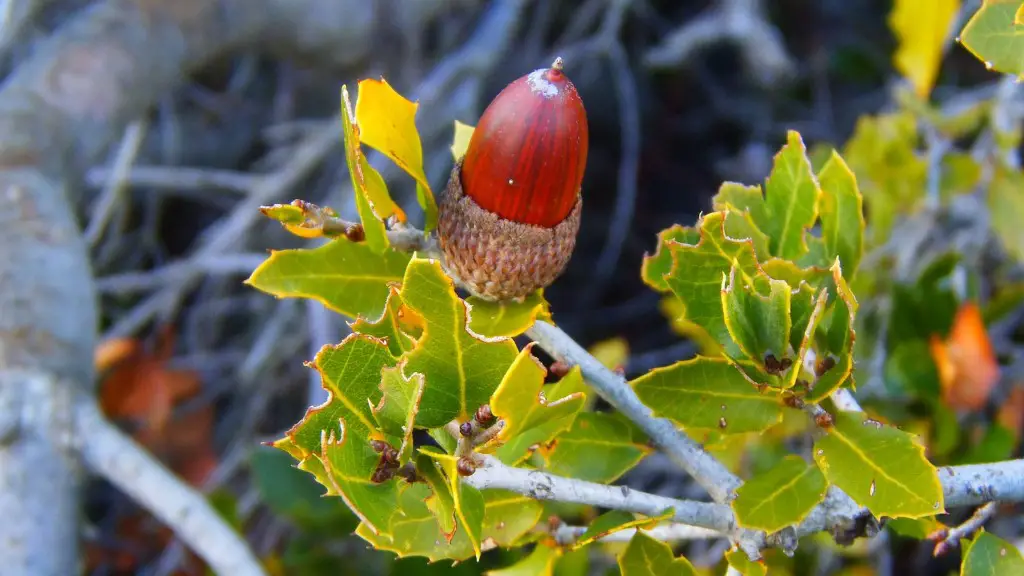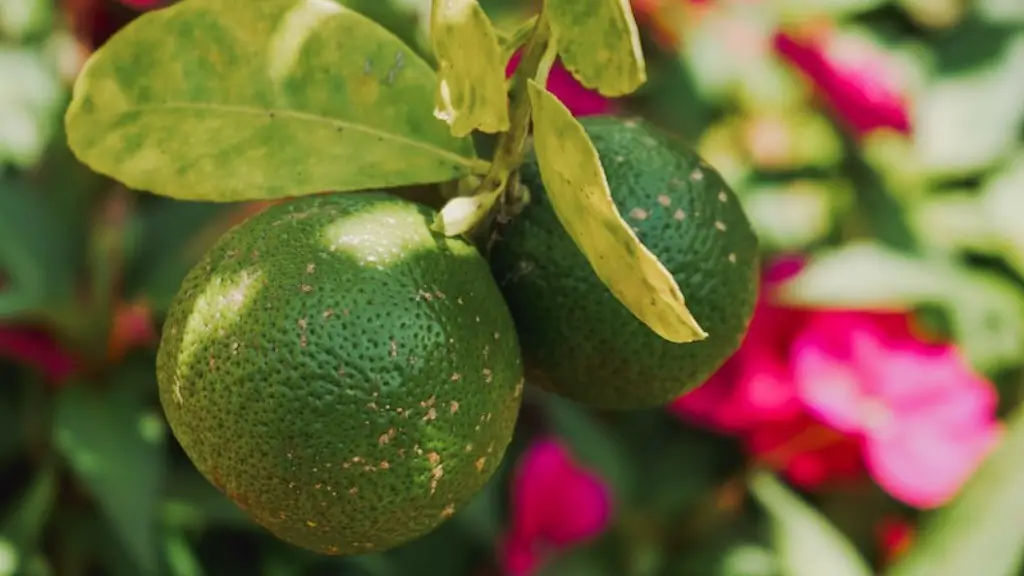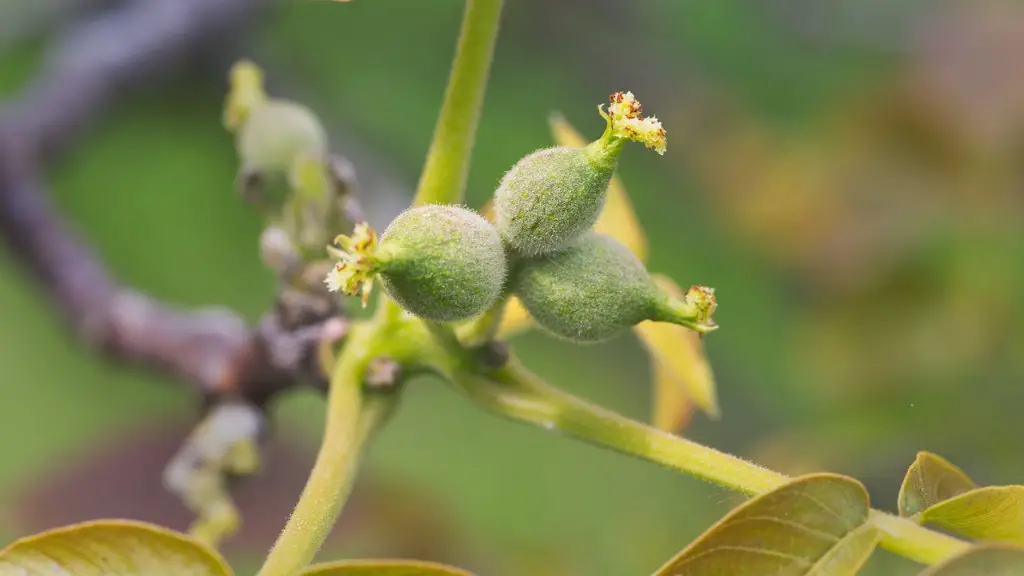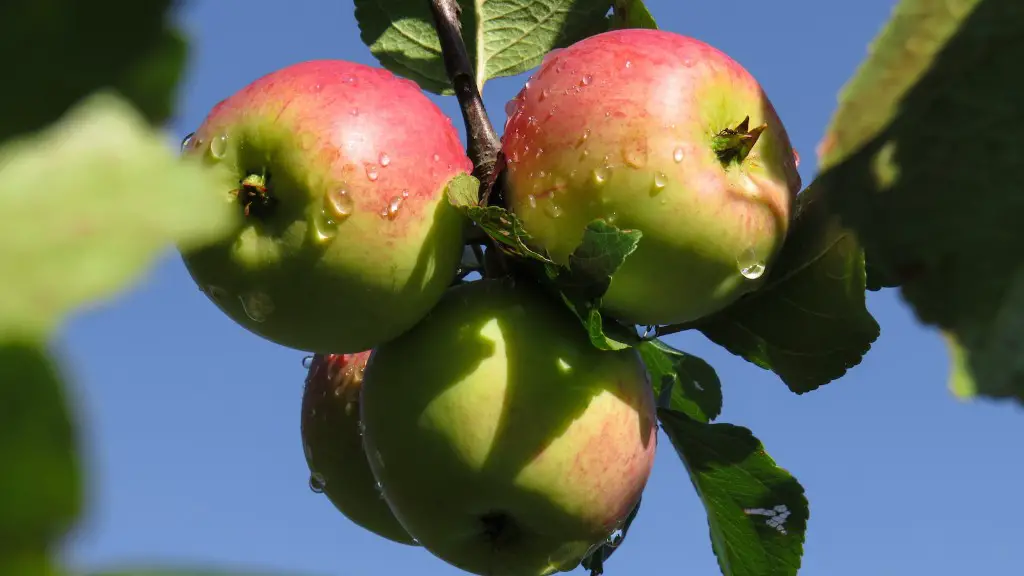There are many different types of allergies that people can suffer from. Some are more common than others, but all can be equally as debilitating. One of the more common types of allergies is to tree nuts. It is estimated that around 1.8% of the population suffers from this allergy. But what causes it?
There are two main theories as to why people develop allergies to tree nuts. The first is that it is simply genetic. That means that if someone in your family has an allergy to tree nuts, then you are more likely to develop one as well. The second theory is that it is caused by exposure to tree nuts. If you are constantly exposed to tree nuts, either through your diet or through the environment, then you are more likely to develop an allergy to them.
So, what is the truth? Are tree nut allergies genetic or are they caused by exposure? Unfortunately, there is no definitive answer. It is likely that both theories play a role in the development of this allergy.
There is no simple answer to this question as the genetics of tree nut allergies are complex and not fully understood. However, it is known that allergies to tree nuts can be hereditary, and that the risk of developing a tree nut allergy is higher if one or both parents have an allergy.
What causes tree nut allergies?
When someone who is allergic to a particular tree nut is exposed to that tree nut, the proteins in the nut bind to specific IgE antibodies made by the person’s immune system. This binding triggers the person’s immune defenses, which can lead to reaction symptoms that can be mild or very severe.
A tree nut allergy is a common allergy among children and adults. About 05 to 1% of people in the US have a tree nut allergy. A nut allergy is an immune system reaction to nut protein. Tree nuts contain many different proteins.
Who is most likely to have a nut allergy
Peanut and tree nut allergies are most common in infants and young children, but can also appear for the first time in adults. Peanut allergy is especially common (3% of infants have peanut allergy), and can be hard to avoid since peanuts are often found in processed foods. In some cases, even trace amounts of peanuts can trigger symptoms.
Peanuts are legumes, not tree nuts. They have a different protein structure and are not related to tree nuts.
Is there a way to get rid of a tree nut allergy?
There is no cure for a tree nut allergy, but the good news is that oral immunotherapy, which involves consuming increasing doses of an allergen to build up tolerance, is at the experimental stage for tree nuts.
Coconut allergies are not as common as other nut allergies, but they can still occur. Most people who are allergic to tree nuts can eat coconuts without any problem, as they are not considered a “botanical nut.” However, it is still possible to have an allergic reaction to coconuts, so if you are allergic to tree nuts, it is best to avoid them.
Is Avocado considered a tree nut?
Even though avocados are classified as a fruit, they may contain proteins that are similar to tree nuts. So if you have a tree nut allergy, you may want to avoid avocados.
There is no one-size-fits-all answer to whether or not a child will outgrow their peanut allergy. However, research suggests that around 20-25% of children with peanut allergies will eventually outgrow the allergy, with most doing so by age 8. Allergies to tree nuts, fish, and shellfish may be more difficult to outgrow and are often lifelong. If your child has a food allergy, it’s important to work with an allergist to create a management plan that meets your child’s individual needs.
Why am I allergic to some tree nuts but not all
Though it may seem like all tree nuts would cause similar reactions in those with allergies, this is not always the case. In fact, most people who are allergic to one tree nut are not allergic to all of them. This is because tree nuts can contain similar, but not identical, proteins that cause allergic reactions. For example, someone who is allergic to almonds may also be allergic to hazelnuts, but not necessarily to other types of nuts, like walnuts or pecans. The same is true of pistachios and cashews. So, if you have a tree nut allergy, it’s important to talk to your doctor about which nuts you should avoid.
The research provides strong evidence that genes can play a role in the development of food allergies, and that the region of the human genome associated with peanut allergy is different in US children compared to children in other populations. This difference may be due to the high level of peanut consumption in the US, which has been shown to increase the risk of peanut allergy.
Do nut allergies get worse over time?
This is a myth that needs to be debunked. Although some people may experience worse reactions over time, this is not always the case. Food allergies are unpredictable, and each person reacts differently. So, even if you have a severe reaction to a food allergen one time, it doesn’t necessarily mean that you will always have severe reactions.
There are many people who are allergic to nuts, so it’s important to have a variety of allergen-free nut flavors available. chestnuts, coconuts, hazelnuts, macadamia nuts, pecans, pine nuts, pistachios, and walnuts are all great options for those with nut allergies.
Can you eat peanut butter if you’re allergic to tree nuts
If you’re allergic to peanuts, you may also be allergic to tree nuts. That’s because the proteins in peanuts are similar in structure to those in tree nuts. For this reason, people who are allergic to peanuts can also be allergic to tree nuts, such as almonds, Brazil nuts, walnuts, hazelnuts, macadamia nuts, pistachios, pecans, and cashews.
Nuts are classified as either true nuts or drupes. True nuts, like acorns and chestnuts, are not fleshy on the outside. Drupes, like cashews, almonds, and pistachios, are fleshy on the outside and contain a seed inside a hard shell. The seed is what we typically think of as the nut.
What alcohol to avoid with nut allergy?
Liqueurs that contain nuts can trigger allergies in some people. Those with almond allergies should avoid Amaretto, Amadeus, and Galliano, while people sensitive to hazelnuts should stay away from crème de noix, Frangelico, and Nocello. If you are unsure whether a liqueur contains nuts, ask the bartender or check the label before ordering.
If you allergic to something and have an EpiPen, you should inject yourself with it immediately. If you don’t have an EpiPen, you should go to the hospital. If you have Benadryl, you can take that to try to reduce the severity of the reaction, but it is not as effective as an EpiPen.
Does Benadryl work for nut allergy
If you have a mild reaction to peanuts, taking Benadryl can help to relieve symptoms such as stomach discomfort, sneezing, itchiness of the mouth or nose, or a mild rash. However, Benadryl will not help with a severe allergic reaction such as anaphylaxis.
Peanut allergy immunotherapy is not a cure for peanut allergy. However, it is designed to reduce the frequency and severity of allergic reactions, including life-threatening anaphylaxis, in children ages 4-17 after accidental exposure to peanut.
Final Words
There is no definitive answer to this question as the research on the subject is inconclusive. Some studies suggest that tree nut allergies may be genetic, while others suggest that they are not. The only way to know for sure if you are allergic to tree nuts is to get tested by a qualified allergist.
While the exact cause of tree nut allergies is unknown, it is believed that they are genetic. This means that if you have a tree nut allergy, it is likely that you were born with it.Tree nut allergies are relatively common, affecting approximately 1% of the population. While they can be severe, most people with tree nut allergies are able to manage their condition by avoiding tree nuts and being prepared for accidental exposure.





